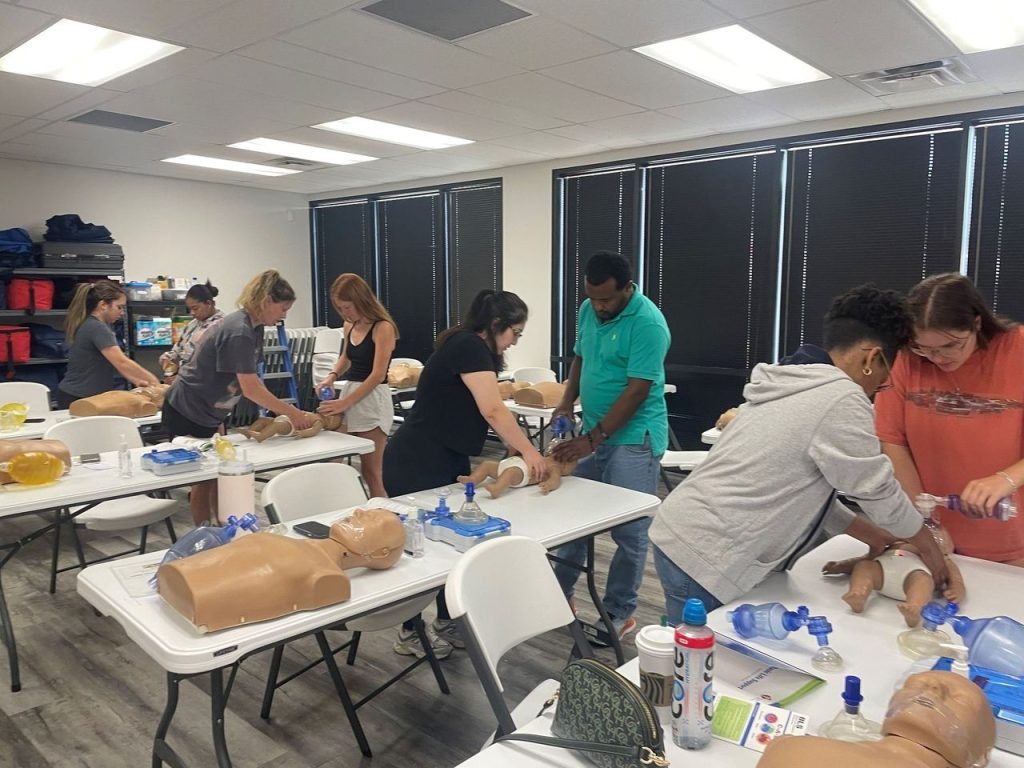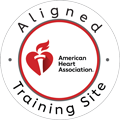Basic Life Support (BLS) and Advanced Cardiovascular Life Support (ACLS) are two essential certifications in the healthcare profession. BLS focuses on the basic, yet crucial, life-saving techniques that can be performed by healthcare professionals and even bystanders, such as cardiopulmonary resuscitation (CPR), the use of automated external defibrillators (AEDs), and basic airway management. On the other hand, ACLS builds on these foundations by incorporating more advanced techniques such as advanced airway management, pharmacology, and electrocardiogram (ECG) interpretation. This article delves into the importance of BLS and ACLS certifications, their roles in various healthcare settings, and the impact they have on healthcare professionals’ competence and patient outcomes.
Understanding BLS and ACLS
BLS is the cornerstone of emergency cardiovascular care. It involves immediate recognition of sudden cardiac arrest, calling for help, initiating high-quality CPR, and using an AED. The scope of BLS is to provide the first response in a medical emergency, thereby stabilizing the patient until more advanced care becomes available. Key components include chest compressions, rescue breaths, and defibrillation, all of which are designed to maintain circulation and oxygenation to vital organs.
ACLS, on the other hand, encompasses a broader range of interventions required to manage cardiac arrest, stroke, and other cardiovascular emergencies effectively. It includes advanced airway management, such as endotracheal intubation, a detailed understanding of pharmacology related to cardiac care, and the ability to interpret and manage ECG findings. ACLS providers are trained to handle a wide array of emergencies that require rapid, precise, and often complex interventions to save lives.
Call Us Now
Get the Best CPR Class in Indianapolis Today!
The primary difference between BLS and ACLS lies in the complexity and scope of the procedures involved. While BLS is aimed at maintaining basic life support functions and can be administered by both healthcare professionals and trained non-professionals, ACLS requires deeper medical knowledge and is typically performed by healthcare professionals like doctors, nurses, and paramedics. ACLS training is more intensive and includes a comprehensive understanding of cardiac rhythms, drug protocols, and advanced resuscitation techniques.

Importance of BLS and ACLS Certification
Certification in BLS and ACLS significantly enhances patient survival rates in critical situations. Studies have shown that immediate CPR and defibrillation can double or even triple a patient’s chance of survival following cardiac arrest. The faster these interventions are implemented, the better the outcomes. ACLS certification further boosts these survival rates by ensuring that healthcare providers can deliver advanced, life-saving care effectively and efficiently. This is particularly crucial in emergencies where every second counts.
Moreover, BLS and ACLS certifications help reduce response times in emergencies. Healthcare professionals who are trained and certified are more likely to recognize and respond to signs of cardiac distress swiftly. This prompt response is vital in improving patient outcomes, as the first few minutes of an emergency are often the most critical. Certification ensures that healthcare providers are not only skilled but also confident in their ability to act quickly and decisively.
Role of BLS and ACLS in Various Healthcare Settings
In various healthcare settings, BLS and ACLS play a pivotal role in ensuring quality care. In hospitals, these certifications are indispensable in emergency departments and intensive care units, where the need for immediate and effective intervention is constant. Outpatient clinics and long-term care facilities also benefit from having certified staff, as emergencies can occur anywhere and at any time. In pre-hospital settings, such as in ambulances, BLS and ACLS certifications are crucial for paramedics and emergency medical technicians (EMTs) who are often the first on the scene. Their ability to provide advanced care during transport can significantly impact patient outcomes.
Impact on Healthcare Professionals’ Competence
For healthcare professionals, BLS and ACLS certifications build confidence and readiness in emergencies. Training programs equip them with the necessary skills and knowledge to handle a wide range of critical scenarios. This competence translates to better patient care and increased survival rates. Additionally, standardized care across different healthcare providers is ensured through certification, fostering a cohesive and efficient emergency response system.
From a legal and professional standpoint, BLS and ACLS certifications are often mandatory. Many healthcare institutions require their staff to be certified as part of their employment criteria. This not only ensures compliance with regulatory standards but also guarantees that all healthcare providers are equipped to deliver high-quality emergency care. Professional requirements aside, possessing these certifications enhances a healthcare provider’s credibility and demonstrates their commitment to patient safety and care excellence.
Training and Skill Development
Training programs for BLS and ACLS are designed to be comprehensive and rigorous. Participants learn a wide array of skills, from basic CPR and AED use to advanced techniques like drug administration and ECG interpretation. Continuous education and recertification are also emphasized, as staying current with the latest guidelines and best practices is crucial in the ever-evolving field of emergency medical care. Regular recertification ensures that healthcare providers remain proficient and prepared to handle emergencies effectively.
BLS and ACLS certifications are vital for healthcare professionals, significantly impacting patient outcomes and the overall quality of care in critical situations. These certifications enhance survival rates, reduce response times, and ensure standardized care across various healthcare settings. For healthcare professionals, they build confidence, competence, and readiness, while also meeting legal and professional requirements. Continuous education and recertification are essential to maintain these life-saving skills.
Conclusion
In conclusion, BLS and ACLS certifications play a vital role in healthcare professions, equipping professionals with the skills and knowledge necessary to respond effectively in critical situations. These certifications not only enhance patient care but also boost career prospects and instill confidence in healthcare providers.
Don’t wait to enhance your lifesaving skills. Take action today and enroll in ACLS certification in Indianapolis or BLS certification in Indianapolis. CPR Indianapolis, an American Heart Association training site, offers top-notch, stress-free, and hands-on courses for both initial certifications and renewals. Whether you’re pursuing BLS for Healthcare Providers, ACLS, PALS, or CPR and First Aid courses, CPR Indianapolis provides the best training experience in the city.
Invest in your professional growth and patient care capabilities. Visit CPR Indianapolis to sign up for your ACLS or BLS certification course today. Remember, when it comes to saving lives, every second counts – and proper training makes all the difference. Choose the best CPR training in Indianapolis and be prepared to make a real impact in your healthcare career.


